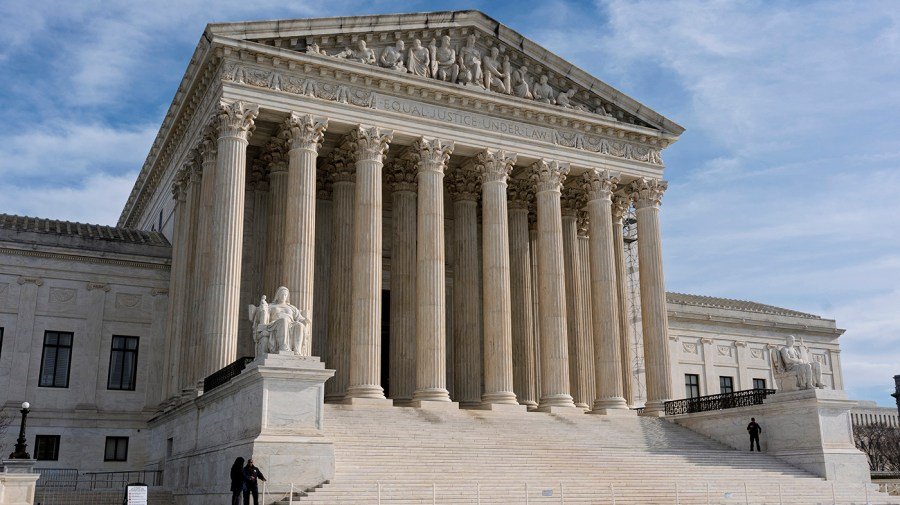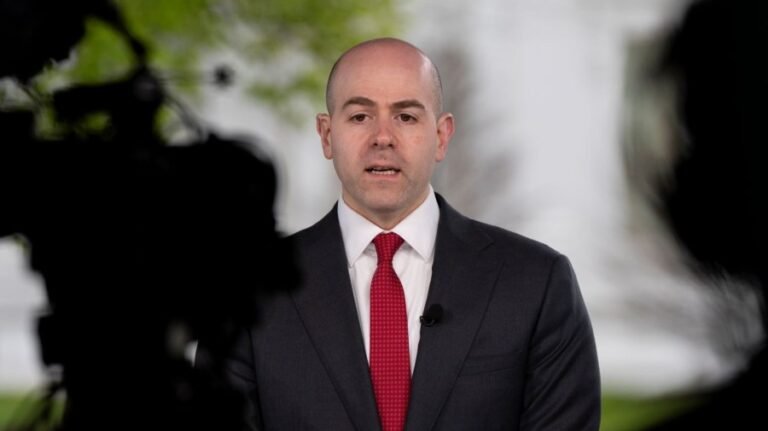
The Supreme Court ruled Thursday that a Texas death row inmate has the legal right to sue over the state’s laws governing DNA testing in a bid to test evidence he says would block his execution.
Ruben Gutierrez has sought DNA testing for more than a decade on evidence he claims will prove he wasn’t a major participant in the 1998 robbery and murder for which he was convicted, a finding that would make him ineligible for capital punishment.
Gutierrez contends that Texas’s DNA testing statute violates due process by only allowing testing where favorable results would bolster a defendant’s innocence, instead of their ineligibility for the death penalty.
But a federal appeals court found he did not have standing to challenge the law because he failed to prove a prosecutor would likely grant access to the DNA evidence if a court ruled in his favor.
In a 6-3 decision, the justices reversed that court’s finding by pointing to their earlier decision in favor of another Texas death row inmate, Rodney Reed, who similarly sought leave to challenge the state’s postconviction DNA testing statute. The decision allows Gutierrez’s legal challenge to move forward — and puts off his execution.
“In the end, Reed is indistinguishable,” Justice Sonia Sotomayor wrote for the majority.
Gutierrez was convicted of capital murder and other counts tied to the 1998 robbery and killing of 85-year-old Escolastica Harrison. Prosecutors said he and two others plotted to lure Harrison out of her mobile home to steal cash, but instead, two of the men entered the home and killed her.
While Gutierrez has admitted to participating in the robbery, he says he was not one of the two men to enter the home — and that DNA evidence would prove it. He sued a Texas prosecutor and local police chief, given their custody of the evidence.
Sotomayor pointed to the high court’s 6-3 ruling in Reed’s case just two years ago. The case focused on whether Reed filed his challenge to the state’s DNA testing statute on time.
“Put simply, Reed held that a federal court order declaring ‘that Texas’s post-conviction DNA testing procedures violate due process’ would redress the prisoner’s claimed injury by ‘eliminat[ing]’ the state prosecutor’s reliance on Article 64 as a reason for denying DNA testing,” she wrote. “The same is true here and the Court therefore reverses.”
Chief Justice John Roberts and Justices Brett Kavanaugh and Amy Coney Barrett joined the liberal justices in that decision.
Sotomayor said that the court’s decision in Reed’s case “plainly establishes” that Gutierrez does have standing to bring his case.
In a dissenting opinion, Justice Samuel Alito argued that the majority “paints a misleading picture of the facts” in Gutierrez’s case and “blatantly alters” the test set out by the justices in Reed’s case.
“Today’s decision, in contrast, flagrantly distorts the standard that Reed articulated,” he wrote in the opinion joined by Justices Clarence Thomas and Neil Gorsuch.
Thomas wrote a separate dissent to argue that the court had “no business” intervening in the case in the first place.
Updated at 10:55 a.m. EDT


